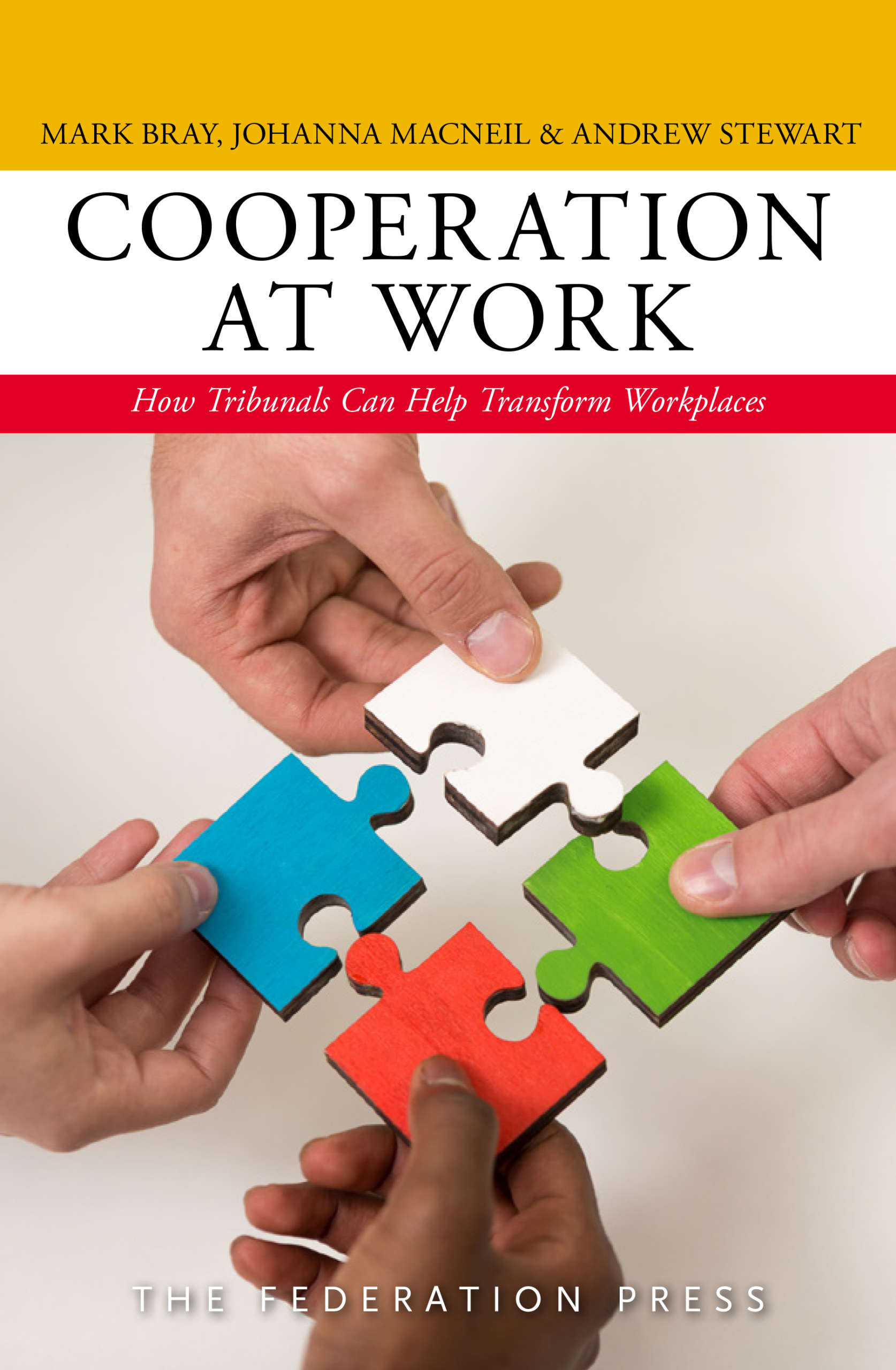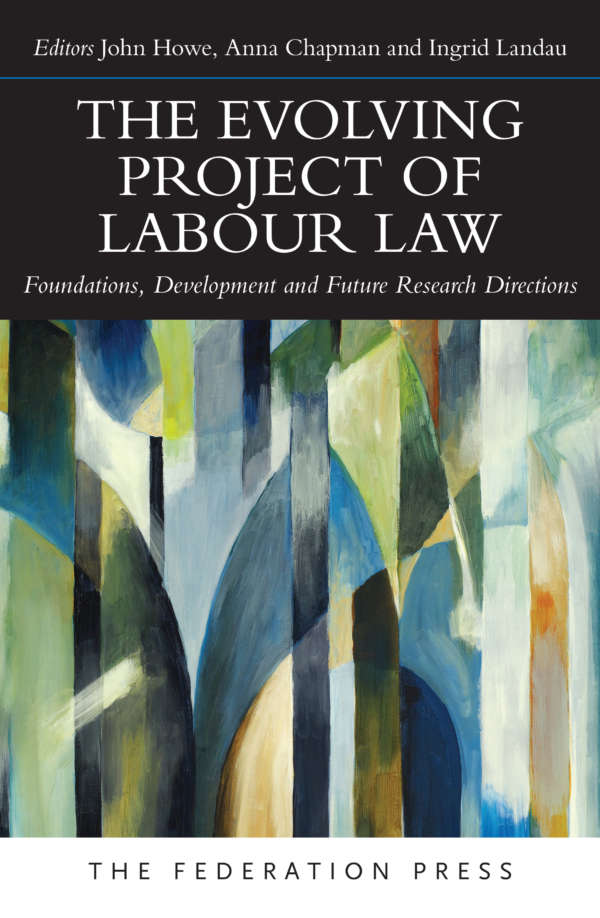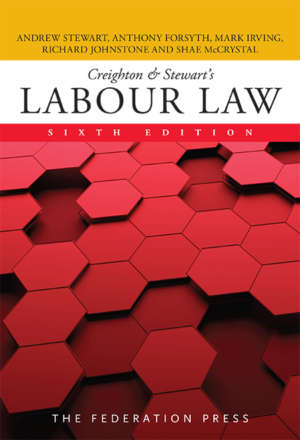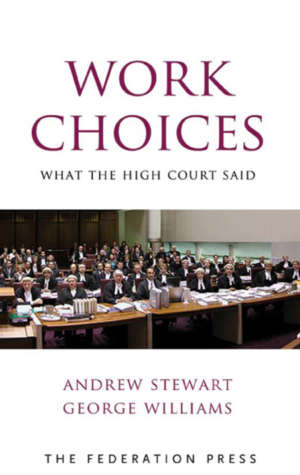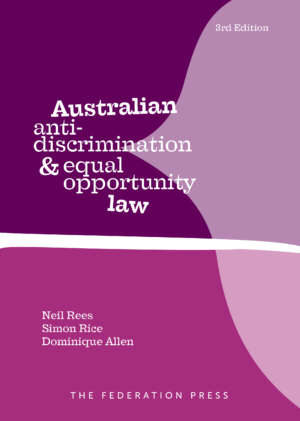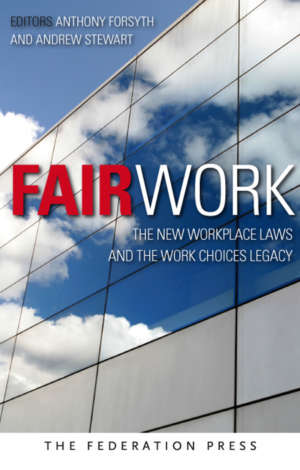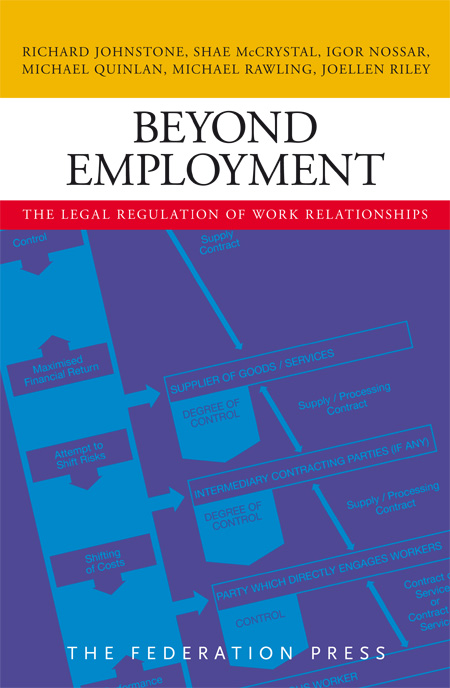Product Description
There are proven benefits to managers, employees and trade unions working together to achieve mutual gains. The tradition of adversarial workplace relations in Australia, so embedded in our culture, institutions and politics, is a powerful obstacle. But the potential for cooperative transformation is illustrated by the examples in this book. Drawing on research undertaken in partnership with the Fair Work Commission and the Newcastle Branch of the New South Wales Industrial Relations Society, two sets of case studies are presented. Each involves industrial tribunals working not so much to resolve disputes – their traditional role – but to help avoid disputes arising in the first place.
Part of the book tells the fascinating story, spanning several decades, of the development of cooperative processes in the Hunter region. Deployed most notably on large scale construction projects, the model has delivered outstanding results for businesses and workers alike. So too has the Fair Work Commission’s New Approaches program, two early successes from which are outlined. Each study features interviews with some of the managers, workers and representatives involved, recounting in their own words both the challenges and outcomes of the journey towards cooperation.
This book, written in an accessible form by leading experts on employment relations, explores the reasons why these initiatives have been successful and what lessons can be learnt for future attempts to promote workplace cooperation. It is indispensable reading for managers, union officials, practitioners, policy-makers and anyone interested in the future of employment relations.

